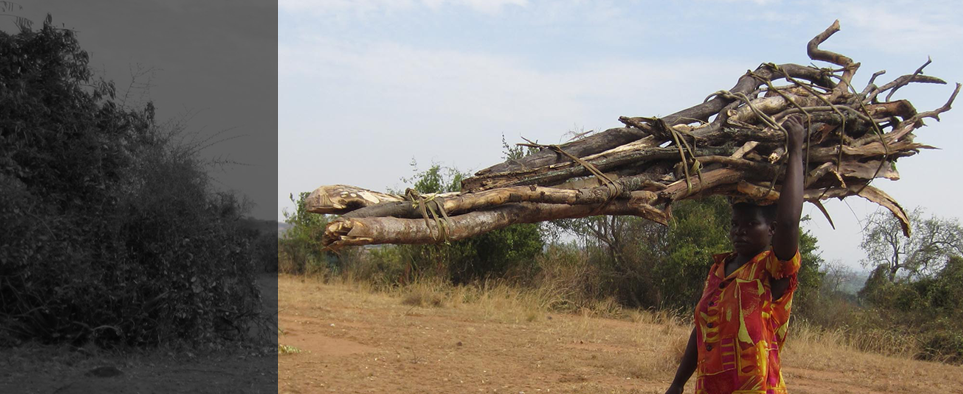Human Rights Risk Assessment (HRRA) is a process of identifying risks to human rights, as opposed to assessing impacts on human rights. The distinction allows risk evaluators to make note of potential issues during brief periods of investigation, without being required to confirm their reality through detailed evidence-gathering. If likely, major risks are identified, HRRA can become a stepping-stone to full-scale HRIA. If such potential risks are invalidated during rapid fieldwork, lower levels of due diligence may be sufficient for rights-respectful companies.
HRRA is well-suited for companies that have large supply and value chains or large investment portfolios, which require them to take a tiered approach to human rights due diligence, prioritizing the highest-risk operations before addressing lower-risk clients or contractors. The two guides below provide information for practitioners and for companies hiring practitioners, respectively.
We have produced four sample HRRAs to serve as examples of the risk assessment process in practice. Several of these have triggered follow-up due diligence, such as the self-commissioned EPO HRIA that followed on our initial risk assessment, as well as ongoing engagement with the World Bank (which financed the Thaton power plant in Myanmar), European Investment Bank (which financed the Disi water project in Jordan), and Tullow.


